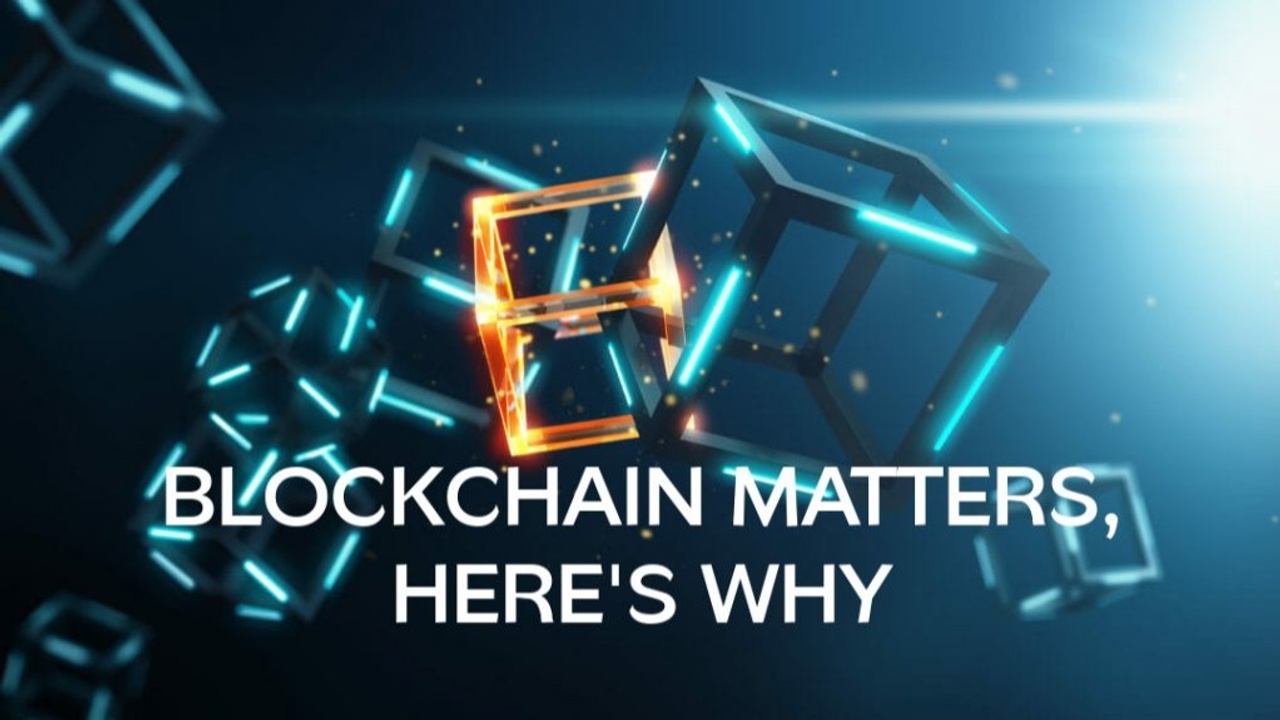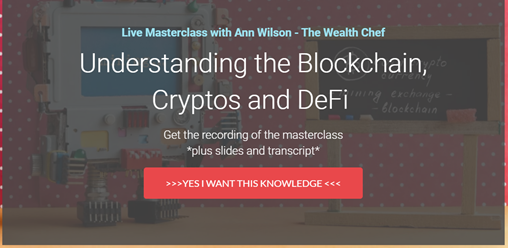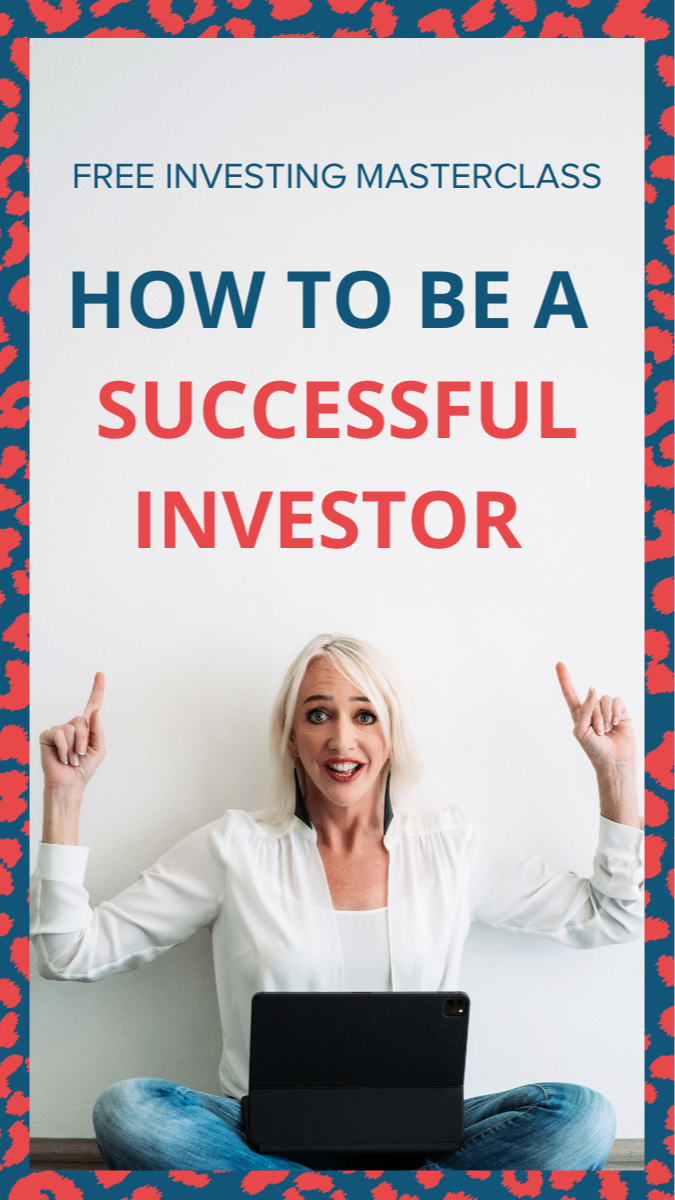
Understanding The Blockchain
First let’s decode the lingo.
Bitcoin is not the blockchain. In the words of Seth Godin: ”If the blockchain is a printing press, Bitcoin is a kind of paper money created by the printing press. There are countless things that one can do with a printing press – in fact, it changed the world – but the invention of paper money isn’t even one of the top 100 most important outputs the printing press created.”
Cryptocurrency is a very confusing name.
“Crypto” is associated with nefarious goings-on, spies and secrets and espionage (or, if you aren’t concerned with spelling, the thing that brings Superman to his knees).
A currency is generally backed by a nation, with a treasury, an exchequer and banks.
Cryptocurrency is neither kryptonite nor a currency as we know it (a state-issued medium of exchange for goods and services).
More accurately, think of a cryptocurrency as a token.
Remember those amusement parks or old-fashioned arcade games where you had to buy a bunch of tokens or tickets before you could go on the rides or play the games? Some of the games also paid your winnings in tokens which you could exchange for a prize or even back into currency.
Something of value exchanged for something of value.
That’s what cryptocurrencies are, the blockchain equivalent of the arcade game token. You collect them by providing value and you exchange them for value.
If people need a particular token to get access to a specific ride (blockchain application) and those specific tokens are scarce, they go up in value. If people think that a specific token is going to increase in value, they might buy them in anticipation of that – not because they want to use the token but because they want to benefit from the increase in the value of the token.
There are a range of things you can do to get tokens.
- You can simply buy them with paper money (in the crypto world that's called fiat currency).
- You can provide a service or perform a variety of tasks to earn them.
- You can exchange other tokens you have for them.
And, if a lot of people own tokens, they’re likely to do things that add value and make tokens go up in value. Thus, an ecosystem is born.
What’s the blockchain?
The blockchain is a database.
Unlike most databases, it’s not controlled by one entity and it’s not easily rewritten.
Instead the blockchain is a ledger – a permanent, examinable, public database.
One can use it to record transactions of all sorts.
It would be a really good way to keep track of property records, for example.
Currently property transactions and ownership are recorded and maintained in a cumbersome and ineffective series of unmanageable, unsearchable title deed registers and mouldy tax records.
That’s just one example. There are databases everywhere around us. The internet rewards people who own networks and information handsomely, so these organisations continue to grow and gain in power. It’s no surprise that the FAANG stocks are almost all essentially databases.
➤ In finance, “FAANG” is an acronym that refers to the stocks of five huge technology companies: Facebook (FB), Amazon (AMZN), Apple (AAPL), Netflix (NFLX); and Alphabet (GOOG, because it used to be listed on Nasdaq as Google).
Google began by building a database on top of the open internet. Amazon is a massive database of products. Facebook and all social media platforms are databases of people information – users, who they know, what they do, what they like. Netflix is a gigantic entertainment and subscriber database.
- That’s the first reason that the blockchain matters. There’s a chance that it might lead to more open, resilient, efficient, market-focused networks and databases.
- The second reason it matters is that it might support positive change. The existence of tokens and decentralisation means that it’s possible to build resilient open source communities where early contributors and supporters benefit handsomely over time. No one owns these communities, and we can hope that these communities will work hard to serve themselves and their users.
Consider a project like Wikipedia. Tens of thousands of people have devoted millions of hours working to build it. Five thousand active editors are responsible for most of the work that we benefit from every day. This is unpaid work, done for the community and for the satisfaction and status that comes with it.
Now imagine a blockchain/token project in which contributors earn tokens as they build and support it. These contributors can be from anywhere, their access to contribute and benefit is not limited by geography or citizenship.
Over time, the decentralised project goes up in value. As the ecosystem and the market delivers more and more value and utility to more and more people, the users would need to buy tokens to use it. And the holders of tokens would receive either a dividend or have the ability to sell their tokens at increased value if they chose.
Early speculators would attract more attention, and people with more skill than money would get equivalent access – and invest by contributing early and often. Access to capital would not be a barrier to entry. Skill and contribution would get you access.
As the project reached a steady state, the stakeholders would shift, from innovators and speculators to people who could treat their daily contributions as a job without a boss. Innovators could build on top of this network without permission, creating more and more variations and choices using the same underlying database.
One way to consider this: the open web led to a huge leap in the number of useful databases that we all use (things like property search sites, Instagram and online dating sites). They were fairly cheap to launch and run, and once the network effect kicked in, the profits were significant. Investors were eager to fund the next one, because the odds of a big win dwarfed most of what they could choose from in traditional businesses.
The distributed nature of the blockchain, combined with this multi-gateway approach of funding early contributions means that the network effect may very well bring powerful new databases to the fore, creating new ways for us to interact and benefit.
For the typical user, the existence of the blockchain itself won’t matter, just as you don’t need to know how many volunteer editors Wikipedia has to benefit from using it.
Again in the words of Seth Godin:
❝ The reason the blockchain matters is that it is an
agent of change. Just like the transistor and the
printing press, when an agent of change shows up,
it often leads to shifts that we probably didn’t expect. ❞
Understanding it now is vital if you want to benefit from it rather than just being forced to deal with it later.
Watch the Understanding The Blockchain and Cryptocurrency Masterclass to get up to speed.
As always, thanks for reading and watching, and sharing.
Love
Ann



